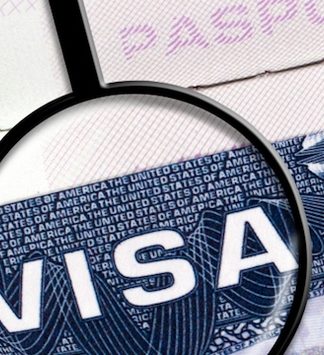Elon Musk’s brain chip firm given all-clear to recruit for human trials
Neuralink’s trial will hope to achieve similar results to that of a research project in Switzerland, which also used a so-called brain computer interface to help a paralysed man walk again.
Wednesday 20 September 2023 12:05, UK
Listen to this article
0:33 / 1:54
1X
BeyondWords
Audio created using AI assistance
FILE PHOTO: Neuralink logo and Elon Musk photo are seen in this illustration taken, December 19, 2022. REUTERS/Dado Ruvic/Illustration/File Photo
Why you can trust Sky News
A brain chip company owned by Elon Musk has said it has received permission to start recruiting for human trials.
Neuralink has created an implant designed to let people control a computer mouse or keyboard with their thoughts.
It would be inserted into a region of the brain that controls the intention to move.
Musk, the billionaire owner of Tesla, SpaceX, and social media site X – formerly known as Twitter, has said he hopes the chips could one day help those with obesity, autism, depression, and schizophrenia.
He has claimed the devices are so safe he would happily use his children as test subjects.
Neuralink has not said how many people will take part in the first trial, but it will focus on paralysis patients.
It will hope to achieve similar results to that of a research project in Switzerland, which also used a so-called brain computer interface to help a paralysed man walk again.
That device was made up of two electronic implants, one in the brain and one in the spinal cord.
The “digital bridge” operated wirelessly, and together the components repaired the broken connection between the man’s brain and the region of the spinal cord that controls movement.
Paralysed man walks again thanks to 'digital bridge' that wirelessly reconnects brain and spinal cord1:39
Play Video – Watch paralysed patient walk again
Watch paralysed patient walk again
Neuralink, founded in 2016, has said its study will take about six years.
Approval for human trials was granted by the US Food and Drug Administration, which has previously expressed concerns about the brain chips.
Read more science and tech news:
What you need to know about new iPhone update
Meet the man behind infamously violent fighting game
Among them were issues with its lithium battery, the chances of wires migrating with the brain, and whether safe removal without damaging brain tissue was possible.
The firm has also reportedly been investigated for alleged animal welfare violations, claims it has denied.






























